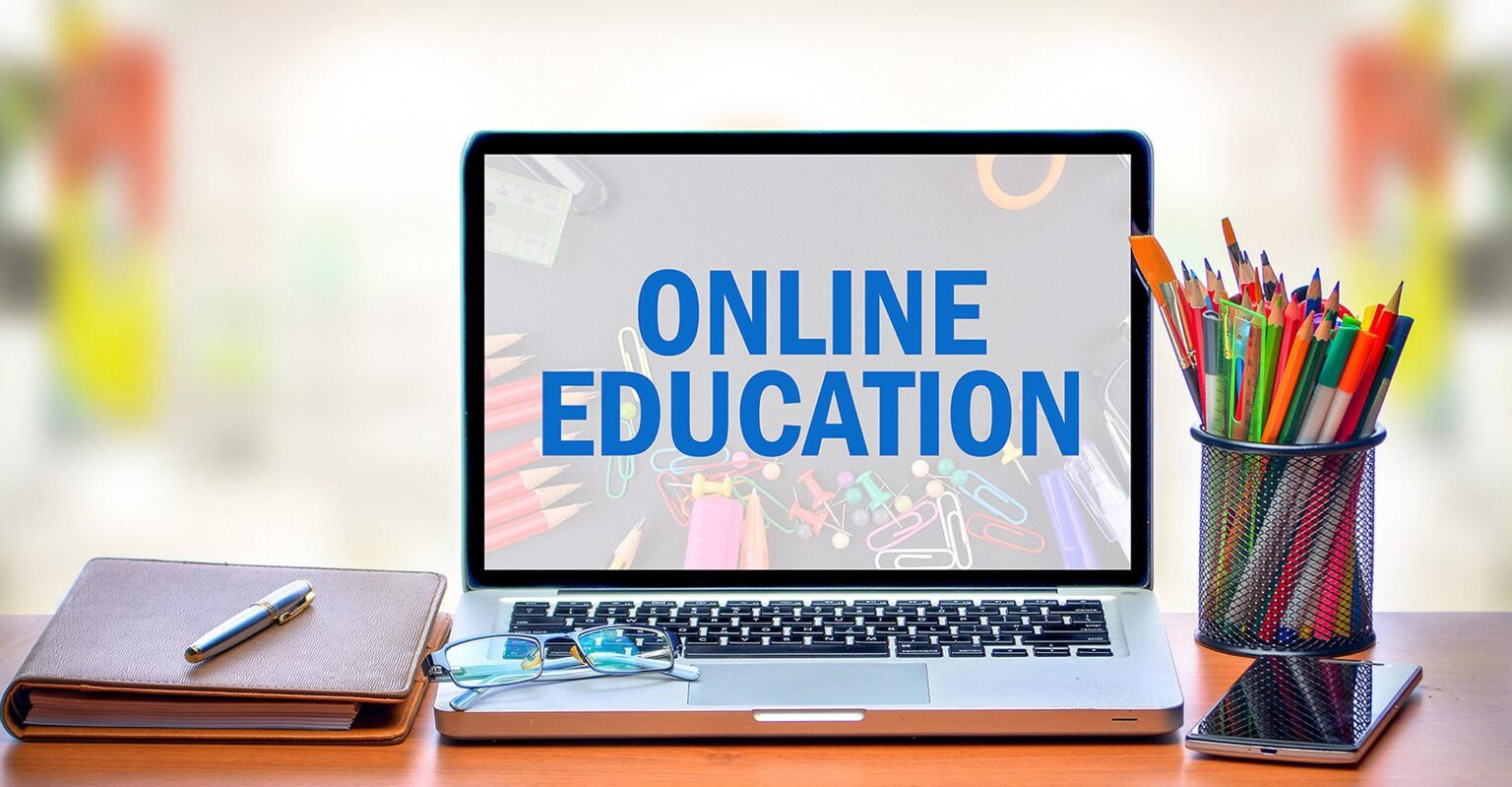In an era where the digital realm continually reshapes our lives, online education stands as a testament to innovation and adaptability. “Navigating Tomorrow: The Evolving Landscape of Online Education” delves into the transformative journey of learning in the virtual space, tracing its roots from traditional methods to today’s immersive experiences. As educational demands evolve and technology advances, we find ourselves at a crossroads where access, engagement, and pedagogical strategies intersect. This article explores the past, present, and future trajectories of online education, highlighting the challenges and opportunities that lie ahead. Join us as we embark on this exploration, drawing insights from recent trends and forecasts, to better understand how we can harness the power of online learning for tomorrow’s learners.
Harnessing Technology for Enhanced Learning Experiences
In the ever-evolving world of education, technology serves as a vital catalyst for transforming traditional learning experiences into dynamic, interactive environments. With tools such as video conferencing, interactive simulations, and AI-driven assessments, educators can create spaces that are not only accessible but also engaging. Such innovations empower students to take charge of their learning journey, fostering a sense of ownership that can lead to deeper understanding and retention of knowledge.
Moreover, the integration of technology facilitates personalized learning at an unprecedented scale. Educators are now able to curate content that suits individual student needs, providing tailored resources that promote growth. The following capabilities illustrate how technology enhances learning experiences:
- Flexibility: Access to materials anytime, anywhere.
- Collaboration: Opportunities for peer interaction through online platforms.
- Analytics: Detailed tracking of student performance for informed interventions.
- Innovation: Continuous updates to course content aligning with industry trends.
| Technology Tool | Benefit |
|---|---|
| Video Conferencing | Real-time interaction |
| Learning Management Systems | Centralized resources |
| Gamification Tools | Increased engagement |

Cultivating Digital Literacy Amidst Rapid Change
The rapid evolution of technology necessitates a foundational understanding of digital literacy, which encompasses the ability to navigate, evaluate, and create information using digital technology. As online education landscapes expand, fostering digital literacy becomes essential for students and educators alike. This skill set not only supports academic success but also equips individuals with the tools to thrive in a highly interconnected and fast-paced world. Effective strategies for cultivating digital literacy include:
- Integrating Digital Tools: Use a variety of digital resources such as educational apps, online platforms, and collaborative tools to enhance the learning experience.
- Hands-On Training: Conduct workshops and training sessions focused on critical thinking and problem-solving in digital environments.
- Encouraging Responsible Use: Promote safe and ethical online behavior, guiding students in understanding digital footprints and information credibility.
Moreover, educational institutions can play a pivotal role in bridging the gap caused by the digital divide, ensuring equitable access to technology and resources. By implementing targeted programs aimed at improving digital skills, schools can not only elevate their curriculum but also empower students to become lifelong learners. A structured approach could include:
| Program Type | Objectives |
|---|---|
| Workshops | Enhance technical skills and digital fluency. |
| Online Courses | Provide flexible learning opportunities for a wider audience. |
Building Inclusive Online Communities for Diverse Learners
Creating a nurturing online environment requires a proactive approach to inclusivity that embraces the diverse backgrounds and learning styles of all participants. To foster a sense of community, it’s essential to establish clear guidelines that promote respect, collaboration, and openness. Facilitators can implement the following strategies:
- Diverse Content: Utilize various formats like videos, podcasts, and articles to cater to different learning preferences.
- Engagement Activities: Incorporate interactive sessions, such as group discussions or peer reviews, to encourage participation.
- Support Networks: Create mentorship programs that connect learners with mentors who share similar experiences or backgrounds.
Moreover, leveraging technology can enhance inclusivity by providing accessible resources and tools. Platforms should prioritize user-friendly navigation and accessibility features, ensuring that all learners, regardless of ability, can participate fully. Consider these essential elements:
- Assistive Technologies: Implement software and tools that assist learners with disabilities.
- Flexible Learning Paths: Allow students to choose their own learning trajectories, accommodating varied paces and preferences.
- Regular Feedback: Encourage students to share their experiences to continually improve the community and its inclusiveness.
Future-Proofing Education: Skills for a New Era
In an era characterized by rapid technological advancements, the landscape of education demands a transformative approach to equip learners with relevant skills. Essential competencies in critical thinking, digital literacy, and adaptability are no longer optional; they are vital for navigating a complex job market. Educational institutions must prioritize the following areas:
- Interdisciplinary Learning: Integrating subjects to foster broader perspectives.
- Soft Skills Development: Emphasizing communication, collaboration, and emotional intelligence.
- Technological Proficiency: Ensuring familiarity with emerging tools and platforms.
Furthermore, collaboration between educational institutions and industries will create pathways for real-world applications of knowledge. This synergy can be enhanced through:
- Internship Programs: Providing practical experiences aligned with academic curricula.
- Mentorship Opportunities: Facilitating guidance from industry professionals.
- Customized Curricula: Adapting programs to meet evolving market needs.
| Skill | Description | Importance |
|---|---|---|
| Critical Thinking | Ability to analyze and evaluate situations effectively. | Enhances decision-making processes. |
| Digital Literacy | Proficiency in using digital tools and platforms. | Essential for modern workplaces. |
| Adaptability | Willingness to adjust to new conditions. | Fosters resilience in changing environments. |
Future Outlook
As we stand on the threshold of an ever-evolving educational landscape, it becomes clear that the journey of online learning is just beginning. The innovations and accessibility afforded by platforms like Coursera are reshaping how knowledge is shared and acquired, creating opportunities that transcend geographical boundaries.
In navigating tomorrow, we must embrace a mindset of adaptability and curiosity, harnessing technology not just as a tool for education, but as a bridge to a more inclusive and informed world. As we continue to explore this dynamic ecosystem, let us remain committed to lifelong learning, ensuring that knowledge remains a continuous journey rather than a destination. The future of education is bright, and together, we can illuminate the path ahead.








